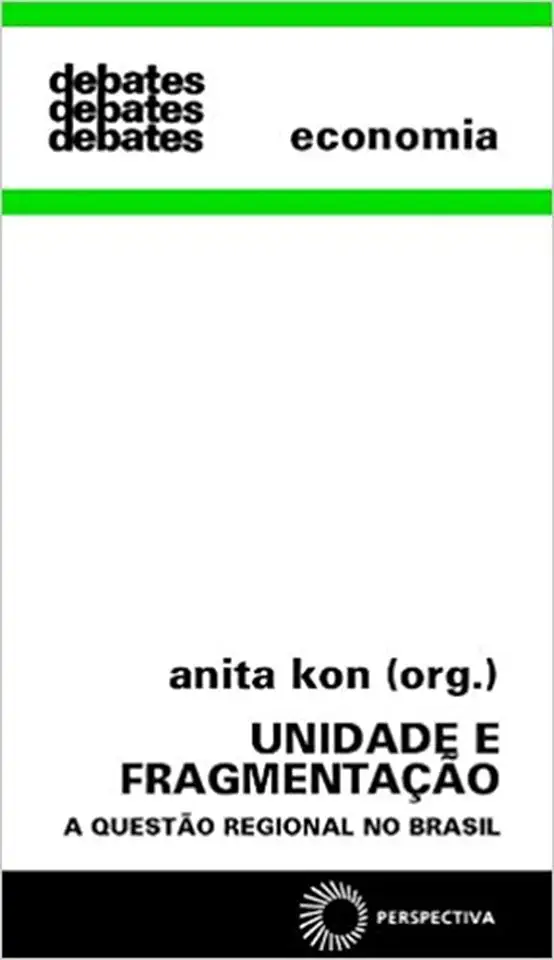
Unity and Fragmentation - Anita Kon
Unity and Fragmentation: A Comprehensive Exploration of the Dynamics of Social Cohesion and Disintegration
Introduction: Unveiling the Complexities of Social Unity and Fragmentation
In her groundbreaking work, "Unity and Fragmentation," Anita Kon delves into the intricate tapestry of social cohesion and disintegration, offering a profound understanding of the forces that shape human societies. Through a comprehensive analysis of diverse social contexts, Kon sheds light on the delicate balance between unity and fragmentation, revealing the underlying mechanisms that foster cooperation and conflict within communities.
Unity: The Essence of Social Cohesion
At the heart of Kon's exploration lies the concept of unity, the glue that binds individuals together into cohesive social entities. She argues that unity is not merely the absence of conflict, but rather a dynamic process of shared values, common goals, and reciprocal trust. Drawing upon case studies from across the globe, Kon illustrates how unity can manifest in various forms, from tightly-knit communities to large-scale social movements.
Fragmentation: The Forces of Disintegration
In contrast to unity, fragmentation represents the forces that pull societies apart, leading to divisions, conflicts, and social unrest. Kon identifies a multitude of factors that contribute to fragmentation, including economic inequality, political polarization, ethnic diversity, and cultural clashes. She examines how these factors can erode social cohesion, leading to the breakdown of trust, the rise of prejudice, and the emergence of conflictual identities.
The Dynamic Interplay: Unity and Fragmentation in Flux
Kon emphasizes that unity and fragmentation are not static states, but rather dynamic processes that constantly interact and shape each other. She argues that societies are in a perpetual state of flux, oscillating between periods of unity and fragmentation. Through detailed historical analyses, Kon demonstrates how societies can transition from unity to fragmentation and vice versa, highlighting the critical junctures that determine the trajectory of social cohesion.
Unity and Fragmentation in the Contemporary World
In the final section of her book, Kon turns her attention to the contemporary world, grappling with the challenges of unity and fragmentation in the face of globalization, technological advancements, and shifting social norms. She examines how these global forces impact social cohesion, both positively and negatively, and explores the strategies that societies can adopt to navigate the complexities of the modern era.
Conclusion: Embracing Unity in a Fragmented World
"Unity and Fragmentation" concludes with a powerful call for embracing unity as a means to overcome the challenges of social disintegration. Kon argues that by fostering shared values, promoting inclusivity, and addressing the root causes of fragmentation, societies can cultivate a sense of collective identity and purpose. She leaves readers with a profound message: unity is not an unattainable ideal, but a choice that requires conscious effort, empathy, and a commitment to the common good.
Why You Should Read "Unity and Fragmentation"
"Unity and Fragmentation" is a must-read for anyone seeking a deeper understanding of the dynamics of social cohesion and disintegration. Anita Kon's comprehensive analysis, supported by a wealth of empirical evidence, provides a nuanced perspective on the complex interplay of unity and fragmentation. This book is not only an academic masterpiece but also a practical guide for policymakers, community leaders, and individuals alike, offering valuable insights into fostering unity and mitigating fragmentation in our increasingly interconnected world.
Enjoyed the summary? Discover all the details and take your reading to the next level — [click here to view the book on Amazon!]